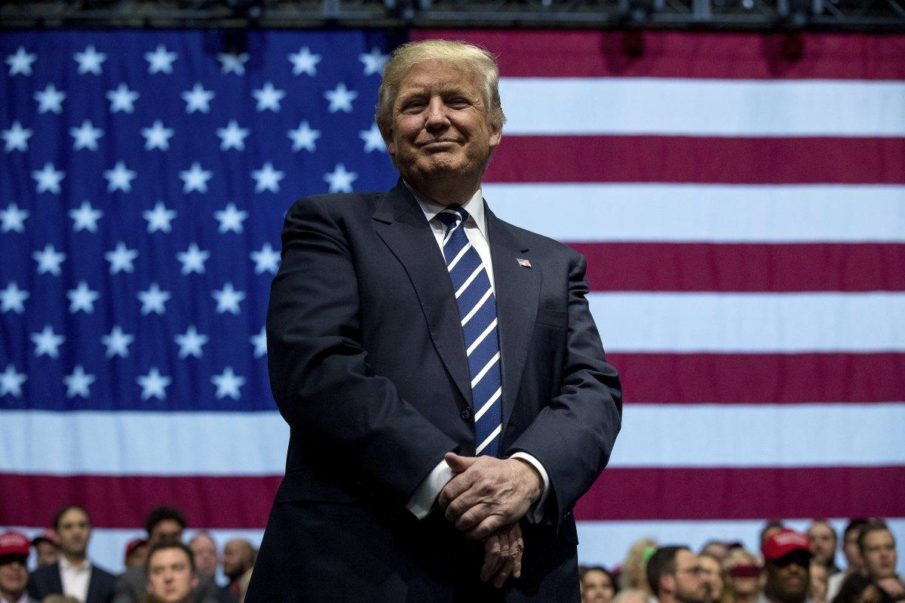Only hours after calling public concerns about Russia’s involvement in the pre-election hacking of the DNC’s email servers “a political witch hunt,” President-elect Donald Trump seems to have had a slight change of heart about America’s intelligence community.
Trump had a meeting with top intelligence officials on Friday, wherein he was briefed on election-related Russian hacking. Immediately following the meeting, the businessman-turned-president released an official statement indicating that he valued the information he was provided, though he made sure to clarify that there were still no signs that Russia had a direct effect on the outcome of the election.
“While Russia, China, other countries, outside groups and people are consistently trying to break through the cyber infrastructure of our governmental institutions, businesses and organizations including the Democrat National Committee, there was absolutely no effect on the outcome of the election, including the fact that there was no tampering whatsoever with voting machines,” Trump announced in a statement after the meeting.
He went on: “I have tremendous respect for the work and service done by the men and women of this community to our great nation.”
Although Trump has repeatedly downplayed any Russian involvement in the election hacking scandal—even going so far as to quote WikiLeaks founder Julian Assange in a Tweet earlier this week that suggested a “14-year-old could have hacked Podesta”—his tone regarding cyber-crime seems to have shifted away from the defensive. He’s now announcing he intends to assemble a team to combat such operations.
“Whether it is our government, organizations, associations, or businesses, we need to aggressively combat and stop cyber-attacks. I will appoint a team to give me a plan within 90 days of taking office.”
An unclassified version of the briefing is set to be released to the public within the next week, though some information has already begun making its way to the media, including reports from anonymous intelligence sources stating Russian government officials exchanged emails celebrating Trump’s victory over Democratic nominee Hillary Clinton.
“The Russians felt pretty good about what happened and they also felt pretty good about what they did,” a senior U.S. official said in an article published by the Washington Post.
Trump’s apparent softening toward intelligence officials will likely come as a relief to Democrats and Republicans alike, many of whom have voiced concerns about the incoming president’s dismissive statements regarding the American intelligence apparatus. Republican Senator and Chairman of the Senate Armed Forces Committee John McCain has repeatedly expressed his concern regarding any potential Russian tampering with the election or its perception among the American people.
“There is no national security interest more vital to the U.S. than the ability to hold free and fair elections without foreign interference,” he told reporters last week. He went on to say that it was in the best interest of all Americans to confront and address the issue.
Departing Vice President Joe Biden also offered his opinion on the president-elect’s suggestion that he wouldn’t need daily intelligence briefings and his apparent distrust of American intelligence agencies.
Already have an account? Sign In
Two ways to continue to read this article.
Subscribe
$1.99
every 4 weeks
- Unlimited access to all articles
- Support independent journalism
- Ad-free reading experience
Subscribe Now
Recurring Monthly. Cancel Anytime.










COMMENTS